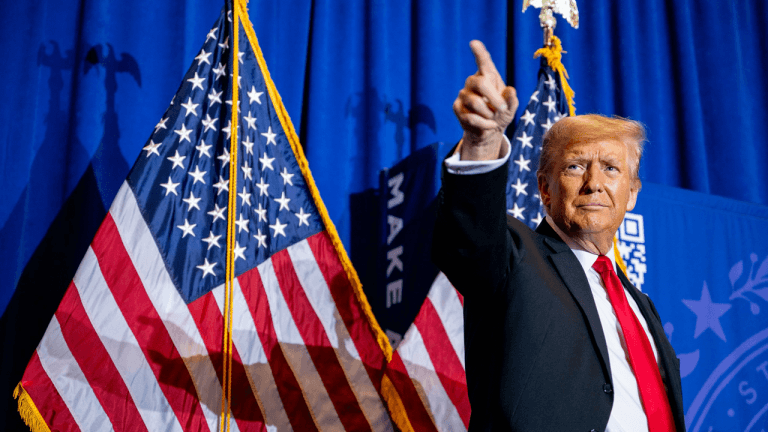
The funding round led by Web3-focused venture capital firms will be used for upcoming nonfungible tokens, comics and a play-to-earn game slated for late 2022.
Web3 gaming and entertainment company Metatheory founded by Twitch co-founder Kevin Lin has raised $24 million in a Series A funding round on Monday.
The round was led by crypto capital venture firm Andreessen Horowitz (a16z), with participation from Pantera Capital, the venture arm of the FTX cryptocurrency exchange, FTX Ventures, and other venture firms, according to the announcement.
Metatheory was launched in November 2021 around one year after Lin left Twitch, where he wrote in a Medium article at the time that he was creating the gaming company and also a blockchain game called DuskBreakers. Lin was quoted in this week’s announcement as saying:
“Building immersive digital experiences has always been a passion of mine, and after stepping away from Twitch to explore what’s next in the industry, I truly believe blockchain will open the door to even more possibilities and have a major impact in the gaming, storytelling and community building space.”
ICYMI: Today we're excited to announce a $24M Series A Round in Metatheory, our parent company.
— DuskBreakers (@DuskBreakers) May 16, 2022
A big TY to: @a16z@PanteraCapital@FTX_Official
Breyer Capital @jimihendrixlive@MeritCircle_IO@Globalcoinrsrch@Sfermion_@daedalus_angels@dragonfly_cap@rechargecapital
DuskBreakers was released in December 2021 with the art designed by the former lead illustrator at Twitch. The Ethereum-based game implemented a “play-to-mint” model for its first 10,000 nonfungible tokens (NFTs). Those looking to grab an NFT have to play an arcade-type game to validate their entry onto a whitelist.
The DuskBreakers team plans to release comics and animations to continue its storyline, andditional NFTs and content are in the works at Metatheory with a play-to-earn game set for launch in the fourth quarter of 2022.
Related: How blockchain games create entire economies on top of their gameplay: Report
Lin is not the only Twitch co-founder with an interest in gaming NFTs. In December 2021 Justin Kan, another co-founder of Twitch, launched the Fractal NFT marketplace which focuses on blockchain gaming tokens saying that “NFTs are the future of gaming.”
Blockchain gaming is gaining interest from titans of the traditional gaming industry. Most recently, Square Enix revealed in its earnings report that it will expand NFTs into more of its games in 2022.
Microsoft’s CEO said the development of metaverse platforms was a key reason for the $69 billion acquisition of gaming giant Activision Blizzard and Sega is looking to integrate cloud technology NFTs as part of its new Super Game project, which connects its different games to each other.

